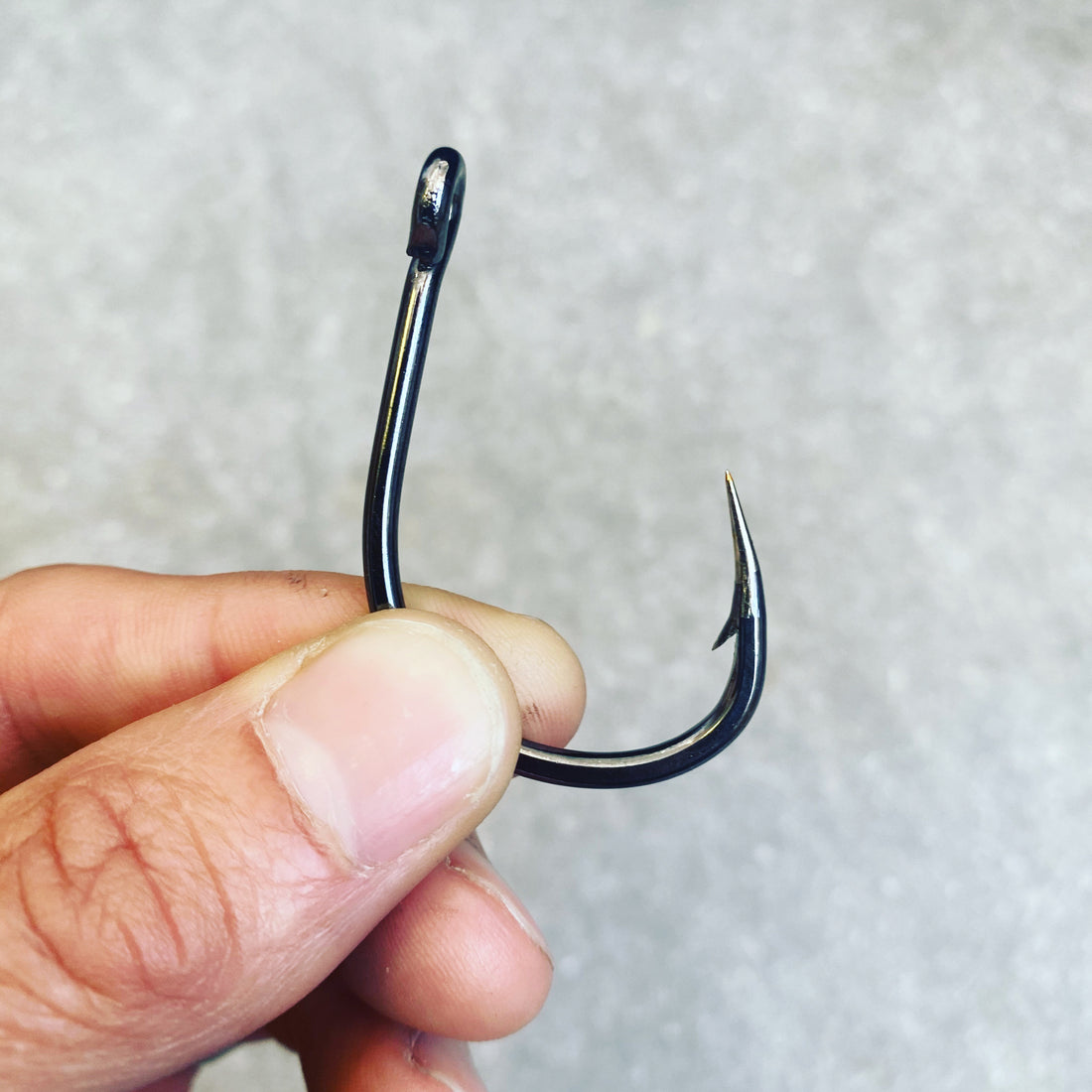
One Hook, One Line, One Fish at a Time. Why it matters?
Share
Growing up fishing snoek on the west coast, catching with a single hook and hand line was simple all we knew.
It was only as I got older and saw how other fishing companies harvested, that got me thinking.
So what is a one by one fishery and why does it matter?
Unlike many industrialised fishing techniques that have continually improved their catches, one by one fishing is simple and dates back centuries.
The fishing gear is very basic, a simple hook and line, manned actively by the fisherman. This is fantastic as it reduces the risk of any by catch (birds, turtles and other non targeted species) as the fishing method is highly selective on the target species. As one only uses such basic methods of catch only a percentage of a school of fish is harvested, while the rest move on to spawn another day, reducing stock pressure and supporting healthier stocks. You generally find these artisanal fishermen's boats are much smaller, and are limited to the amount of days they can fish in a year due to weather and seasonal constraints. Because each line is manned and there is nothing being dragged over the ocean floor this style of fishing creates no habitat or reef damage to the environment. Quality of fish is improved as each fish is individually handled and given the care it requires.
This style of fishing is generally locally and individually owned. It generates more jobs per ton of fish harvested, and the benefits cascade through the communities generating a wave of economic activity and localised employment. It is significantly important for keeping the culture in coastal areas going, and many fishermen are 3rd or 4th generation being taught the trade by their fathers before them. Not only keeping local cultures and customs alive, it is simply a way of life.
It truly opened my eyes, the traditional way of life we grew up doing was simply the only way to have a tomorrow in the fishing industry and share the story of where, how each fish was caught and by who.
